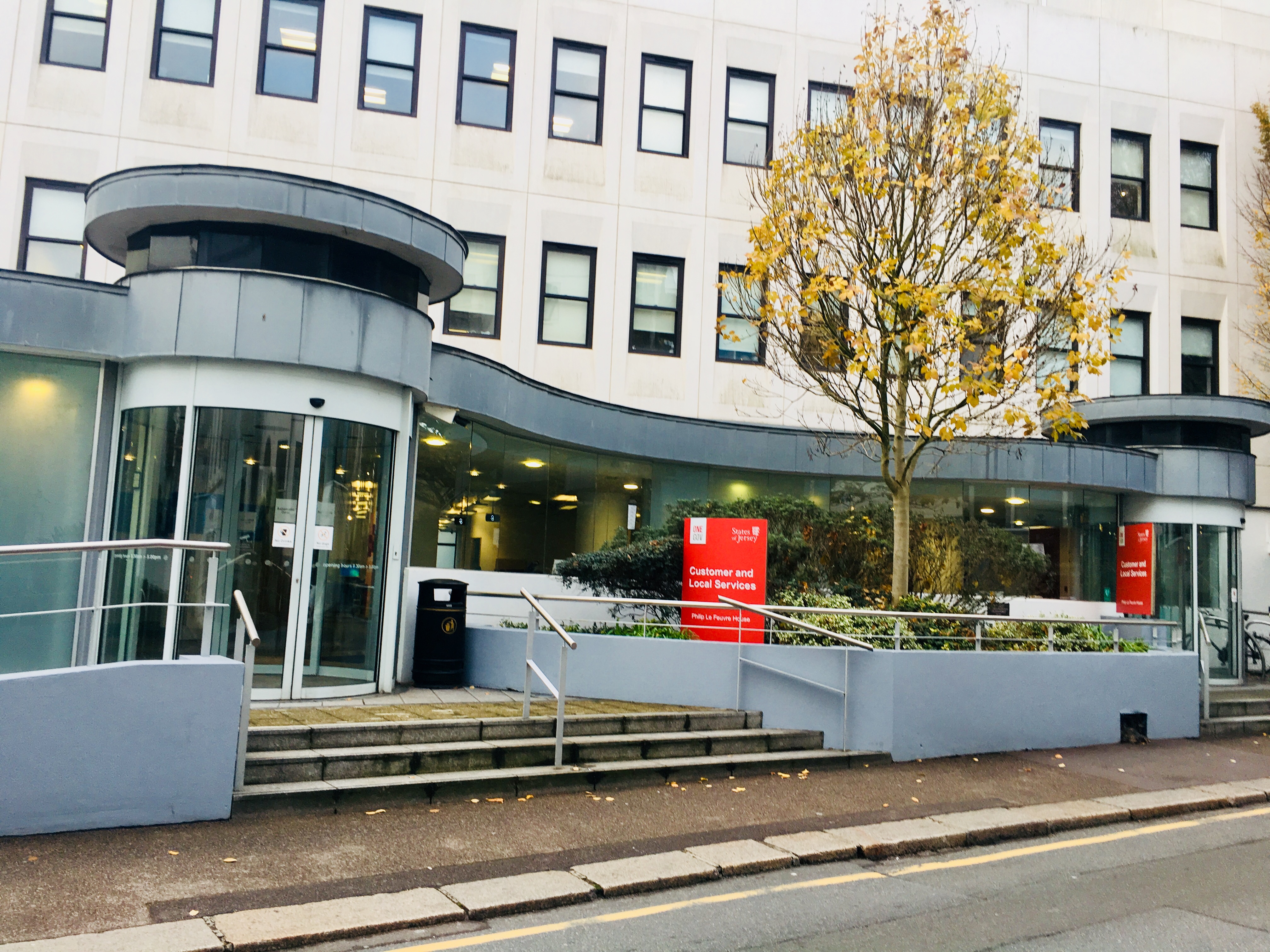


A family is campaigning to change the law so that imported vehicles for disabled children do not face import duties, after their own struggle left them unable to keep their specially chosen car for their disabled son.
The family have now had to return the car, saying despite several appeals to have Vehicle Emissions Duty and GST waived, the Government has insisted they were owed thousands in tax.
Hayley Kitts and Mick Fletcher are parents to Wilson – a child who has Primrose syndrome, a progressive disorder, and who they are saying has now been left without a car suited to his needs.
Wilson uses his wheelchair daily as he is unable to walk any length of distance, has severe disabilities, autism and is non-verbal.
The syndrome will likely result in muscle wastage, bone cysts, hearing loss, vision problems and other serious problems, with Wilson on the palliative care pathway as a result.
Having lived on the island since 2017, they imported their vehicle chosen to facilitate Wilson, which they were able to lease from the UK as part of the ‘Motability scheme'.

Pictured: Wilson suffers from a disability called Primrose Syndrome, using his wheelchair daily as he is unable to walk any length of distance.
This scheme, created to support those with disabilities covers insurance, tax, breakdown cover and adaptations – it is a scheme which extends to Jersey.
Beforehand, they say they were told by Customer and Local Services Department that this exemption would apply to Jersey's GST and VED, even to the point they were issued with a certificate of exemption.
However, upon registering the car, they were advised that it was not deemed a disability vehicle as it had not been adapted, a provision they were not warned about prior to importing.
This classification was despite the fact the car was chosen to fit Wilson’s wheelchair, and is registered as a disability vehicle in the UK.
Even after appeals to the Health Minister and an appeal to the Treasury, the family say that they received an unsympathetic response, and are now left with the Treasury insisting that £1,800 is due for the vehicle in VED.
They have now returned the car to the UK, saying they were left with no choice - however, they are now fighting to ensure it doesn’t happen to other families, and are looking to get the law amended so that vehicles used to transport a disabled child (which may not be adapted) are not charged either tax.
They say that Senator Kristina Moore is currently looking into the possibility of amending legislation in this area.

Pictured: The Treasury department - led by Minister Deputy Susie Pinel - is still insisting that £1,800 of VED has to be paid on the vehicle if it is to be kept.
“We have been given wrong and conflicting advice throughout the whole process of moving to the island and trying to import Wilson’s car. Nobody in government has acknowledged this or apologised for causing the situation we find ourselves in,” Wilson’s mum, Hayley Kitt, said.
“Their focus on being right meant they showed zero compassion to Wilson and they never once tried to help us or look for different options.”
She continued: "On receiving a demand for GST and VED on the car from the Treasury Minister and Taxes Office, the family did their own research to find out that the demand was incorrect and that, because the car is leased, it does not have to pay GST.
“The government continue to refuse to waive the VED, maintaining that it is due because the car is not physically adapted, despite being part of the UK’s motability scheme.

Pictured: Though the family say they were told that the exemptions would be applied as they were in the UK, when they registered the car, they found that the Government did not consider it eligible as it was not 'adapted'.
“The fight for us is over, but we don’t want other families who come to Jersey to live and work to suffer the same bad experience. We are therefore hoping we can get the law changed to allow imported vehicles used to transport a disabled child (which may not be adapted) to be exempt from GST and VED.
“Wilson and children like him are being discriminated against by the law as it stands because they are children. Being small, the car often does not require the kind physical adaptation a car for an adult would need.
“Having a physical adaptation in a car, or not, makes no difference to the significance of the car to enable that person to live life to its fullest. It is that enablement that government should be supporting by waiving the GST and VED.”
Following a request for comment from Express, Treasury Minister Deputy Susie Pinel said: "New cars cannot be sold in – or imported into Jersey tax-free. Limited tax relief exists for cars which have been built – or substantially adapted – to carry a person with disabilities.
“Tax relief is limited only to adapted or specially-constructed vehicles because these vehicles are generally more expensive than standard vehicles. The tax relief is intended to help defray the additional cost of specially-constructed or adapted cars. Standard vehicles are less expensive than adapted vehicles, and are therefore not granted tax relief.”
Comments
Comments on this story express the views of the commentator only, not Bailiwick Publishing. We are unable to guarantee the accuracy of any of those comments.